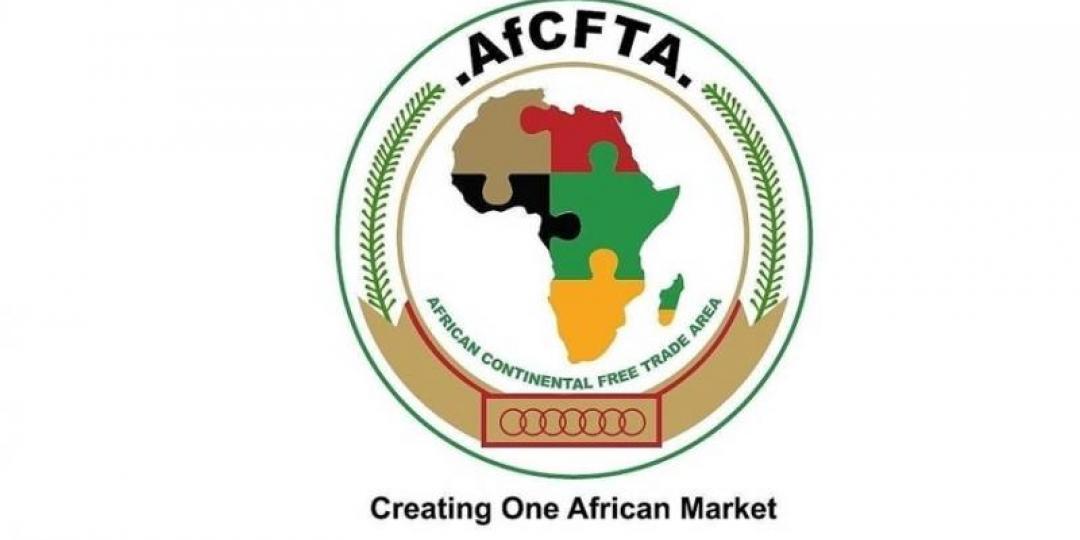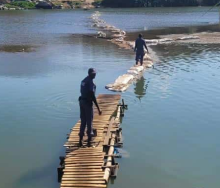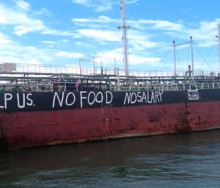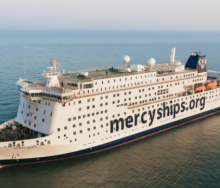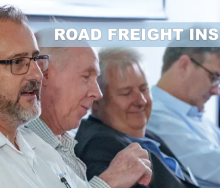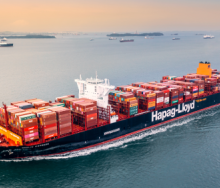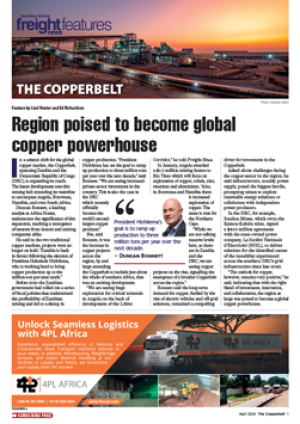Although trade under the African Continental Free Trade Area (AfCFTA) was launched on January 1 this year, there is still a lot to be negotiated and implementation is still in the early phases. “At this stage, we know that the only two countries that can export to South Africa under the AfCFTA are Sao Tome and Principe, and Egypt.
But it has been reported that Egypt may be reviewing its tariff offer – which will delay this process,” said Trudi Hartzenberg, executive director for the Trade Law Centre (t r a l a c). Speaking to Freight Newsabout how the AfCFTA would impact cross-border operations, Hartzenberg said that the new trade regime provided much-needed opportunity for the continent to focus on improving customs and border management processes and procedures.According to Hartzenberg, it’s critical to support the rollout of digital trade solutions.
“This can include the adoption of new digital modalities and platforms to support inter-agency cooperation, risk assessment, pre-clearance, border processes and regional cooperation as well as finding solutions for non-tariff barriers,” said Hartzenberg. She believes the biggest obstacles when it comes to the implementation of the AfCFTA are completing negotiations and then actually implementing what has been decided.
For this to work successfully all role players need to be on board.
She said that the challenges so far include:
Gazetting changes to the customs and excise legislation;
Updating the tariff book;
Introducing new standards certificates so that traders can comply with health, safety and technical standards;
Introducing new rules of origin certif icates;
Making sure customs and other officials are informed about the new trade regime;
Training of officials;
Supplying the public sector with information about the new agreement;
“Once the AfCFTA is in full swing many opportunities will be opened up for South African traders looking to trade in East, West, Central and northern Africa,” said Hartzenberg. “But, even with full and effective implementation of the AfCFTA, it is important to keep in mind that trade costs in Africa are high, non-tariff barriers are even more pernicious than tariff barriers, and lack of infrastructure, including transport and connectivity, also pose challenges.”
She emphasised that the lack of cost-effective intra-African payment platforms was also a challenge. “This means that complementary initiatives such as those by Afreximbank which launched the Pan African Payment and Settlement Platform are necessary. Developing quality assurance infrastructure and capacity are very important to make the AfCFTA work.”
INSERT: "Lack of cost-effective intra-African payment platforms a challenge.– Trudi Hartzenberg"
